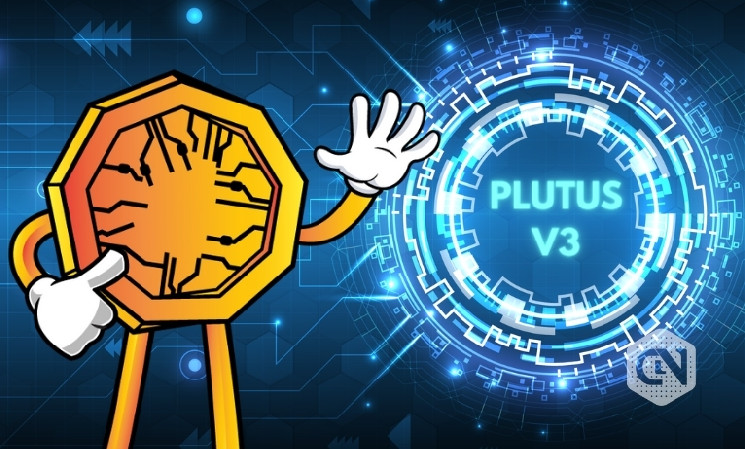
Plutus V3 is live on SanchoNet. The team has launched it with advanced Plutus primitives along with more tools for Cardano developers looking to write smart contracts. The overall objective is to support features pertaining to governance and voting. Moreover, Plutus V3 supports interoperability between blockchains and enhances the adoption rate of smart contracts. Input Output Global has been working on it in collaboration with MLabs.
Plutus V3 works in the background to make sure that developers have all the tools per the industry standard. It builds on the Valentine upgrade, which added support for SECP elliptic curves.
One feature of Plutus V3 is Sums of Products. The introduction of the features helps save on the size and cost of scripting. It is a way of encoding data types that makes scripts more efficient in comparison to Scott encoding. Also, it aims to improve code generation for its native compilers. Sums of Products bring with them the capability to run programs 30% faster by streamlining operations and supporting the swift execution of smart contracts.
New cryptographic primitives build on the foundation of enabling an interpreter to furnish an optimized implementation that is specific to a system at the time of executing the script. The three built-in primitives are BLS12-381, Blake2b-224, and Keccak-256.
BLS12-381 opens the doors to Mithril integration and smooth sidechain-specific implementation. Defined as a curving pair, BLS12-381 comes loaded with 17 primitives to support the cryptographic curves. Blake2b-224 contributes to the versatility of Cardano by extending a supportive arm to community projects. Keccak-256 produces 256-bit hash values to support Ethereum signature verification within scripts.
Bitwise primitives are inclined to help developers with the offering of robust capabilities for low-level bit manipulations. Its features are performance boost, cryptographic support, efficient algorithms, integer-string conversions, and efficient data structures.
Two bitwise primitives that are expected to be included in the Plutus upgrade are integerToByteString and byteStringToInteger. Other primitives will be added eventually, with no timeline made public as of now.
Aspects that have been prioritized under Plutus V3 are throughput, performance, capabilities of the platform, and size of the smart contract. They are hoping to make it convenient for the team to transition from Ethereum and lead the expansion of the Cardano ecosystem.
The announcement has done its part for ADA, the native token of the Cardano ecosystem. It is up by 3.59% in the last 24 hours, at the time of drafting this article. ADA is exchanging hands at $0.557, which further reflects a surge of 13.295 in the last 7 days and 0.955 in the last 30 days.
The announcement comes days after IOG made public its strategic investment in Blockfrost. It was defined as a shared commitment to decentralize and evolve the Cardano infrastructure. Blockfrost has been chosen because it has, with time, become a key part of the Cardano ecosystem. Moreover, it plays an important role for developers to leverage cost-efficiency at the time of developing their applications.
